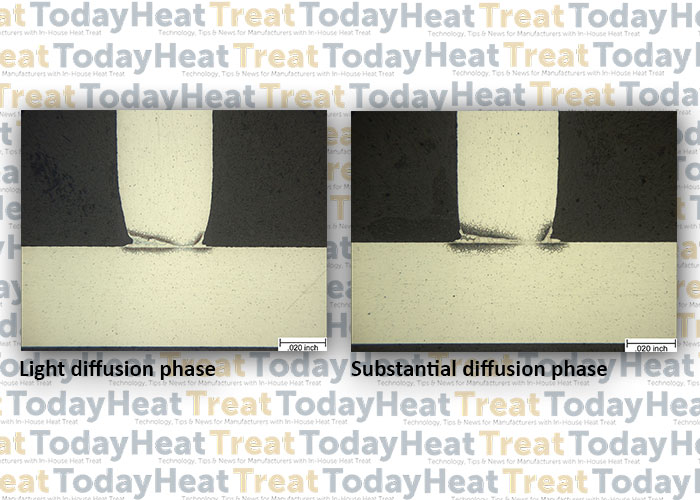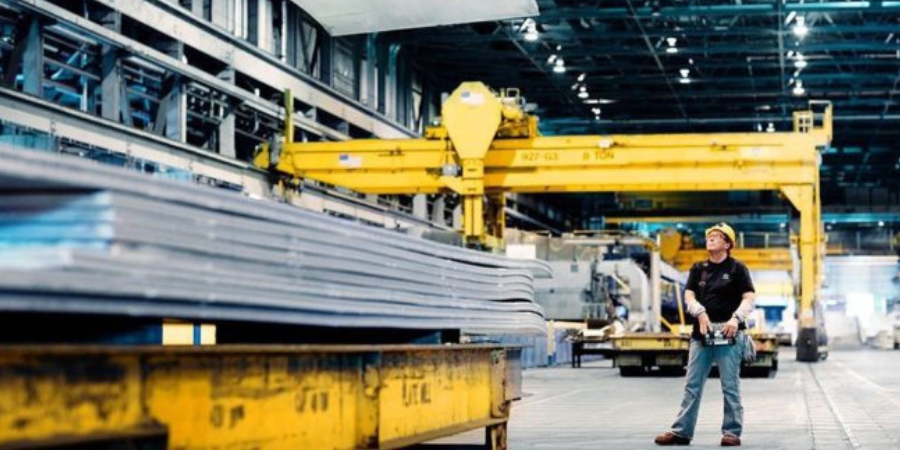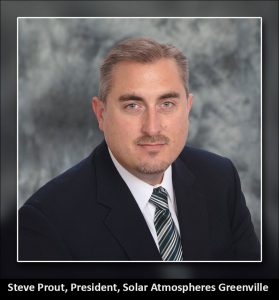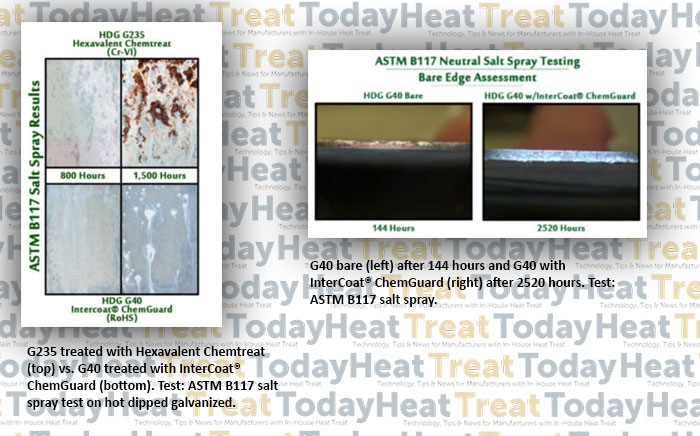This is the fourth in a series of articles by AMS 2750 expert, Jason Schulze (Conrad Kacsik). The first three dealt with SATs — System Accuracy Tests — both the Standard SAT and the Alternate SAT. Click here to see a listing of all of Jason’s articles on Heat Treat Today. In this article, Jason sets some of the groundwork for a discussion of TUSs — Temperature Uniformity Surveys — by addressing the importance of a uniform furnace. Please submit your AMS 2750 questions for Jason to editor@heattreattoday.com.
Introduction
Temperature Uniformity Surveys (TUS) are an important part of testing any furnace to ensure consistent and uniform product results. In the next few posts, we’ll discuss not just the importance of temperature uniformity surveys, but also the requirements set forth by AMS2750E as well.
The Importance of a Uniform Furnace
Although a uniform furnace is important for all heat treating processes, I will utilize my experience in brazing to explain the importance of temperature uniformity within a furnace. Even if you may be unfamiliar with brazing, the logic should be straightforward.
Brazing depends on the eutectic reaction in a braze filler metal to bond two materials together. Temperature, atmosphere, and (when applied) vacuum greatly influence the reaction; with respect to this article, we will only deal with temperature uniformity as it applies to AMS2750E and Nadcap.
Brazing is inherently sensitive in the majority of aerospace applications. As a consequence, tight temperature tolerances are typically applied to brazing processes: anywhere from ±15°F to a super-tight ±5°F.
Here’s a practical example. We are developing a diffusion braze process in which two widgets are brazed together using Ni braze filler material. We load a single layer of widgets on a flat ceramic plate: one in each corner and one in the middle. This gives us five samples in total. Once our development cycle is complete, we take the samples to the laboratory for examination of the required diffusion depth. In the lab, we notice that the samples located in the rear of the furnace (farthest from the door) have considerably less diffusion than the samples in the front (nearest the door) and the middle.

In a case like this, we would immediately look at the most recent TUS. If we notice that the uniformity requirement is ±25°F with actual TUS results being +20°F/-18°F (which does conform to a ±25°F), Temperature Uniformity Surveys should not be considered arbitrary. If tight temperature tolerances are required by your customer, it is safe to assume there is a good reason for it, and we should take seriously the need to keep our furnaces in top shape and capable of passing customer and/or AMS2750-required temperature uniformity surveys.
This first TUS article discussed the importance of temperature uniformity requirements as they are passed down to us from a purchase order (PO) holder to a supplier. In following articles, we will begin discussing definitions from AMS2750E and Nadcap to ensure we have a proper understanding of the terms as we implement requirements.
Submit Your Questions
Please feel free to submit your questions and I will answer appropriately in future articles. Send your questions to editor@heattreattoday.com.












